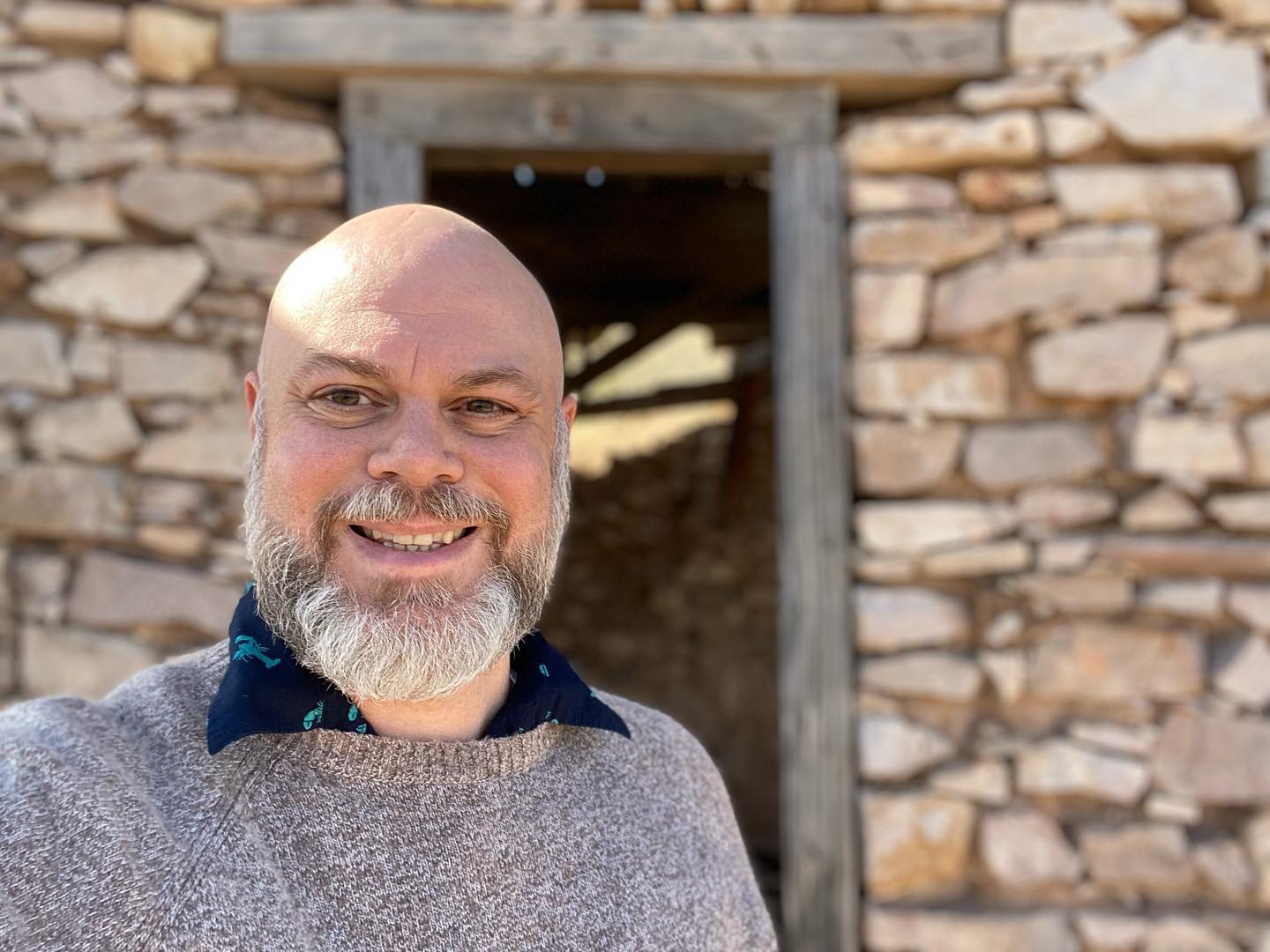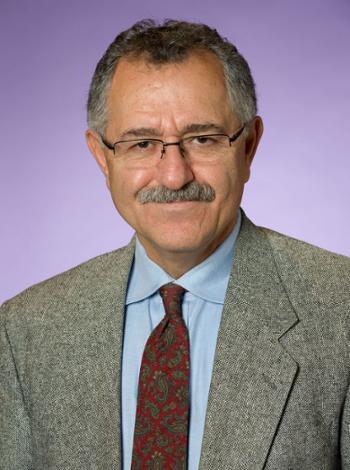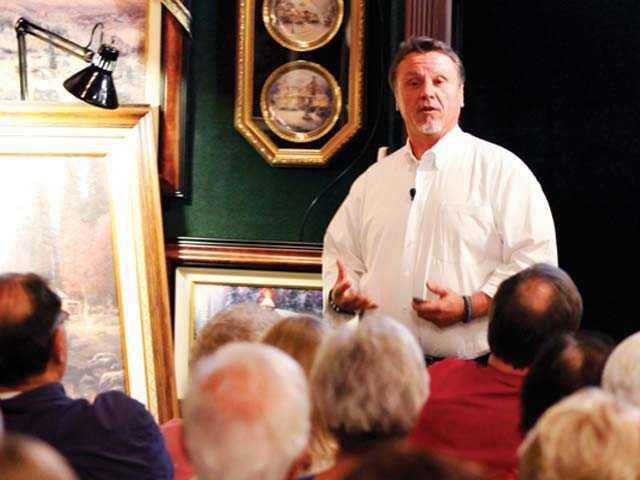Faculty Q&A: In Their Own Words
The Master of Liberal Arts program at TCU is comprised of world class faculty, who are experts in a wide range of fields. The purpose of these Q&A's is to provide a look into their pedagogy, academic interests, and even who they are outside of the classroom.
Click on a name to read a small snippet of their interview or to access the interview in its entirety.
Coming soon...
Coming soon...
Coming soon...
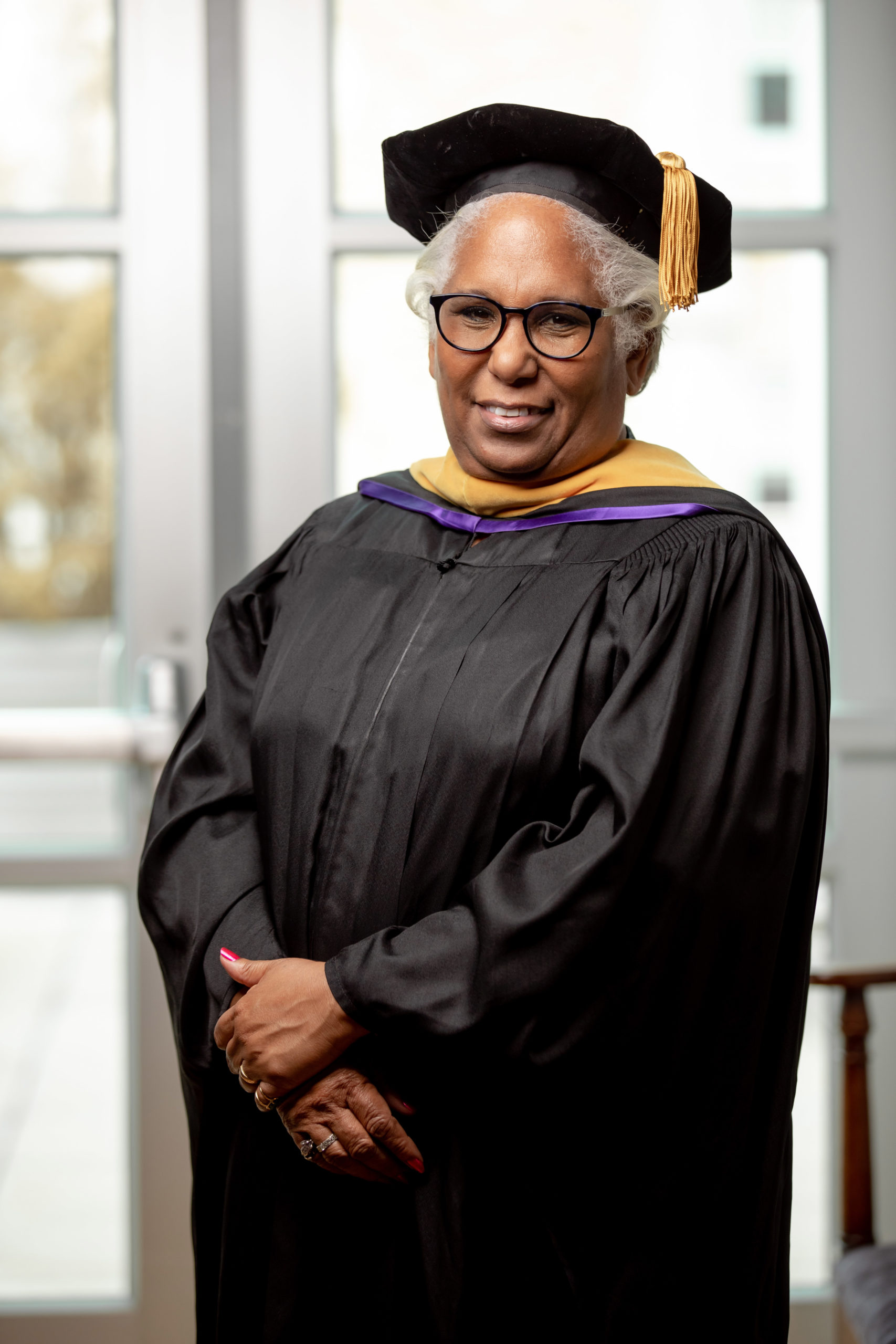
"I hope people come to understand that often there is no single interpretation to an event and that we should discuss differing points of view with respect."
-Professor Jean Marie Brown
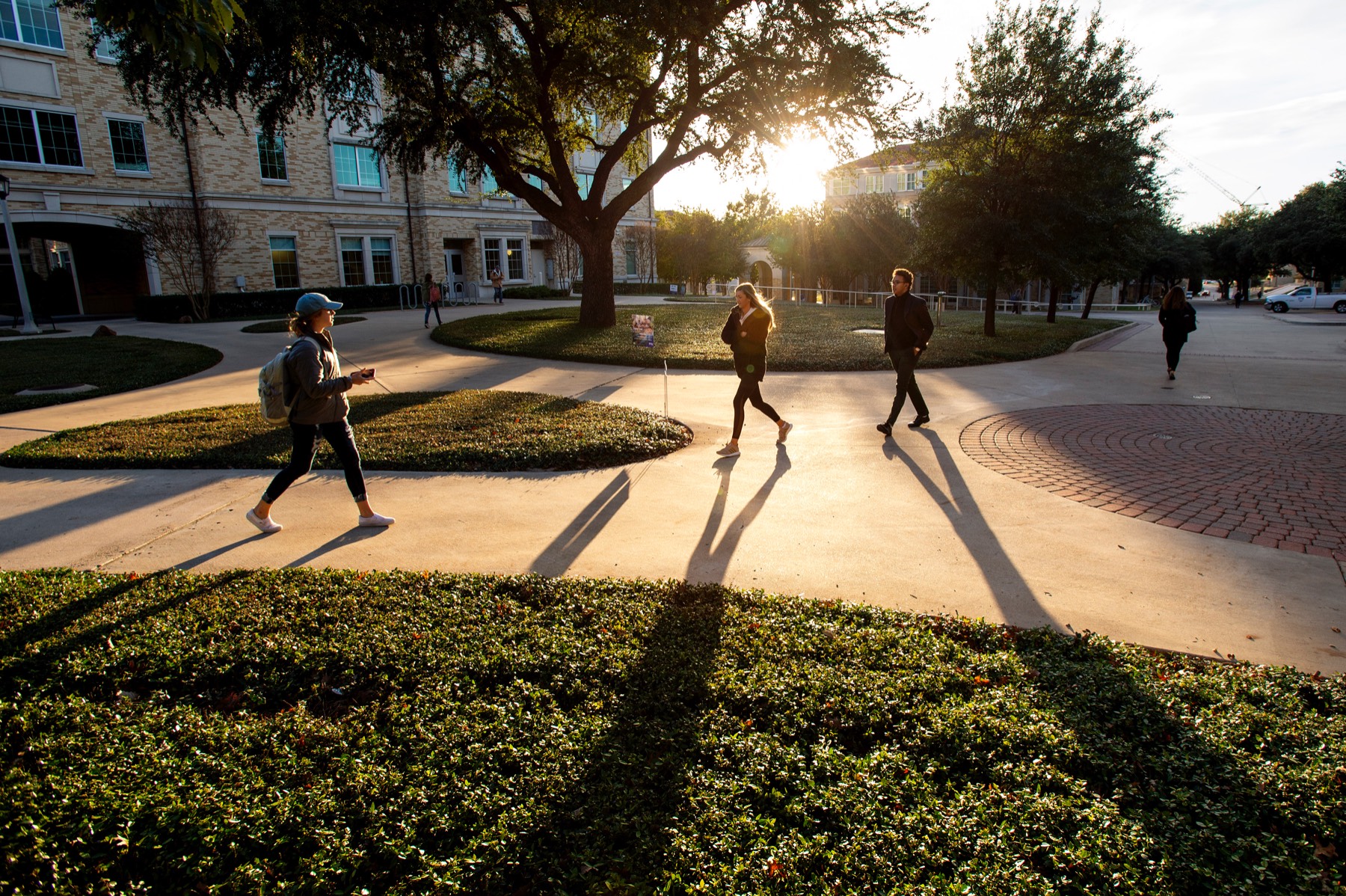
"This is the true beauty of MLA, you get to learn about so many interesting topics you might not have gotten to otherwise, this program really promotes life long learning and quest for knowledge."
-Dr. Katherine Polzer
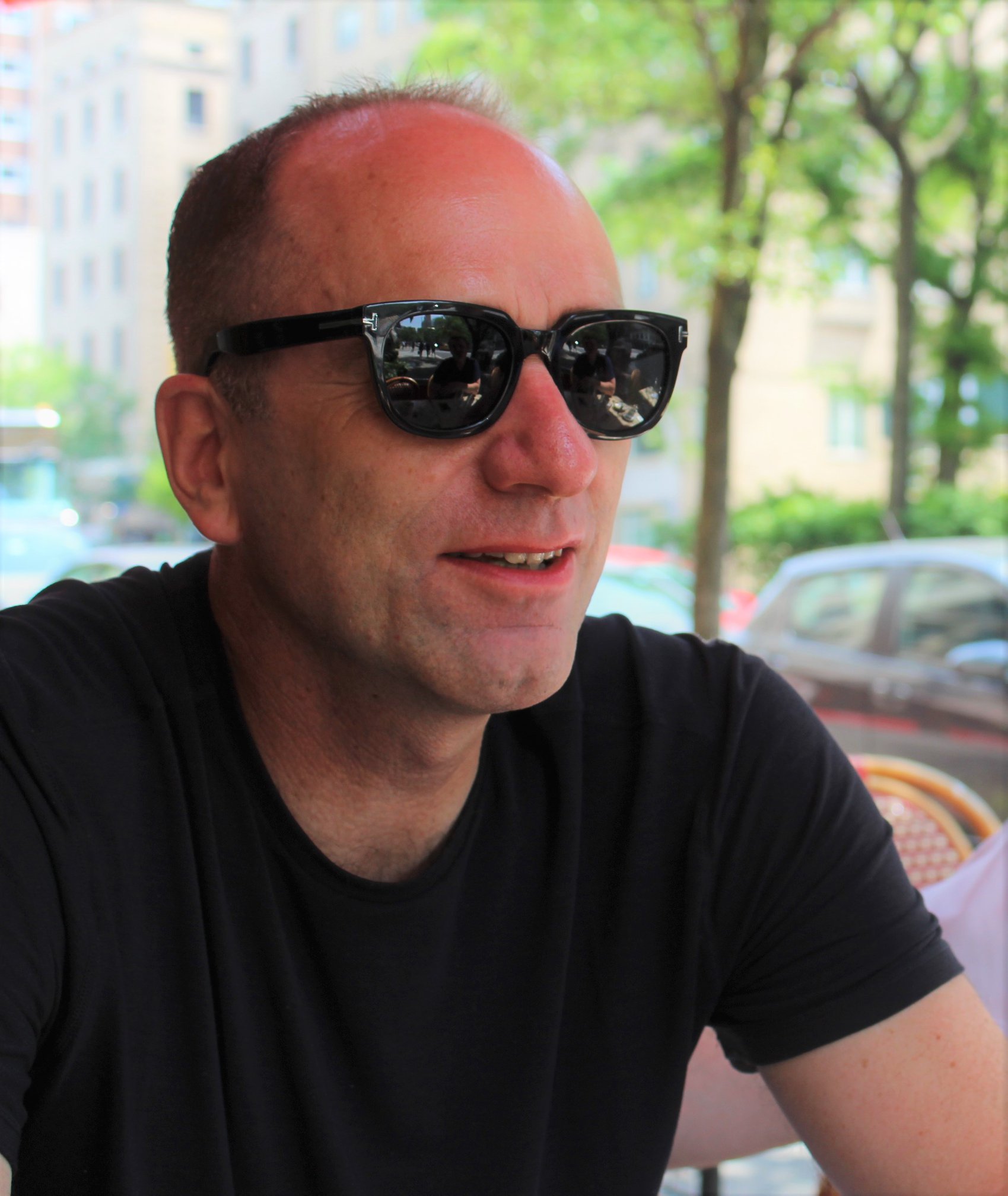
"An MA degree in Liberal Arts can build a cornerstone of thinking and being in the world which provides one with the critical skills to create meaning and significant in one's life, and in enabling vibrant ways to inhabit alternative cultural perspectives of humanistic global experiences"
-Dr. David Buyze
Coming soon...
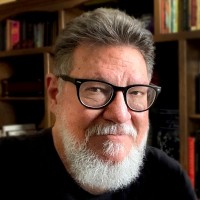
"My hope is that every student walks away from my class understanding that they are up to the challenge of solving problems, whether they are personal or professional, in their own unique way".
- Dr. Dusty CrockerClick here for Dr. Crocker's Q&A
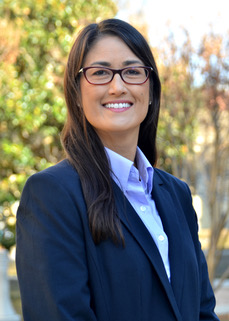
"I tell my students that by the time they have finished the course they will be more knowledgeable about China and international politics more generally. They should have a better understanding of the motivations driving Chinese behavior and how it compares to the US. At the bare minimum, I joke they will at least be better dinner conversationalists!"
- Dr. Carrier Currier
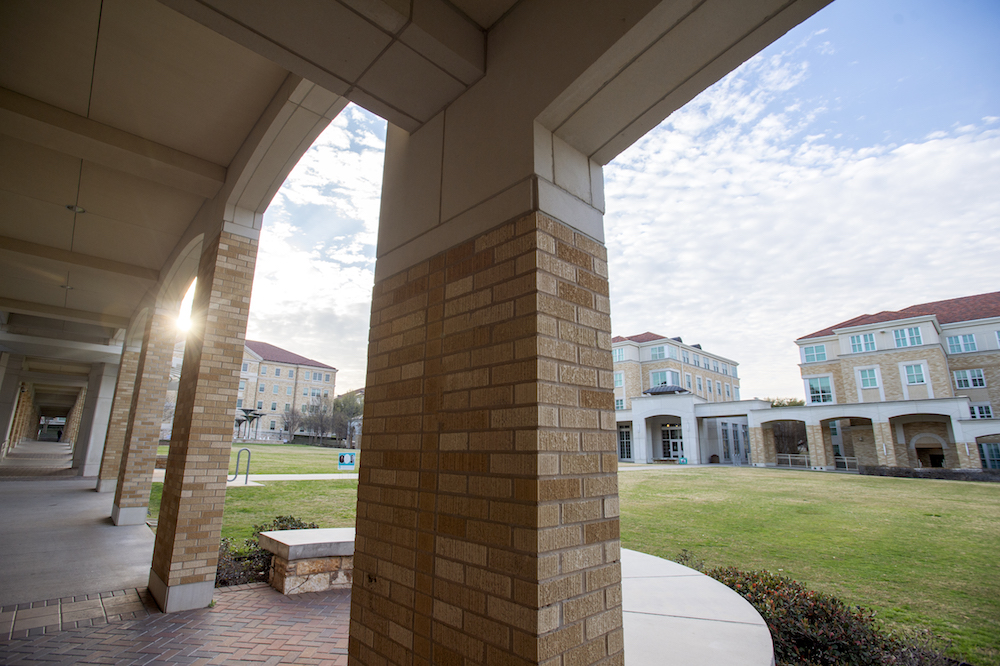
"An MA degree in Liberal Arts can build a cornerstone of thinking and being in the world which provides one with the critical skills to create meaning and significance in one’s life..."
-Dr. David Buyze
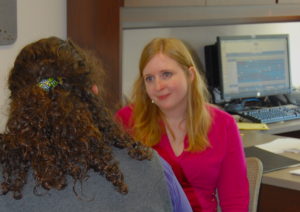
"I hope that students in my course walk away with the ability to analyze all forms of media. This skill is particularly important today, as we are constantly bombarded with images".
-Dr. Lindsay Dunn
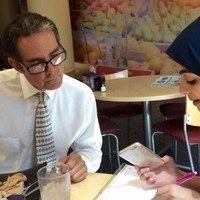
Graduate school in the liberal arts gave me and still gives me, a place to work with others in various ways, in the most exciting and fun ways, to “inform.” My background, and the respective backgrounds of MLA students, is crucial to our learning, our research, and any publication any of us makes as a result."
-Dr. Kurk Gayle
Coming soon...
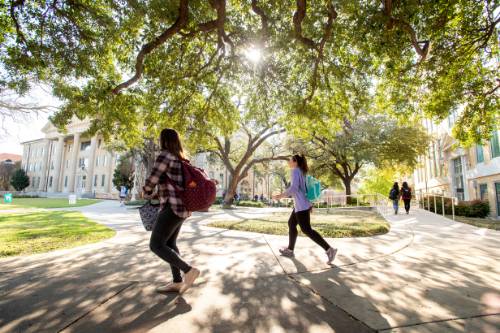
"Companies need story tellers. They need people who understand how to use language. As AI becomes more and more a part of companies, liberal arts graduates will be in demand. AI can take the management of process away from people, but it is very hard to take away the management of people. People are messy and difficult and companies need managers who understand how to treat employees humanly – not as prat of a process. The more we demand workers be well treated, the more MLA’s will be needed."
-Professor Michael Sherrod
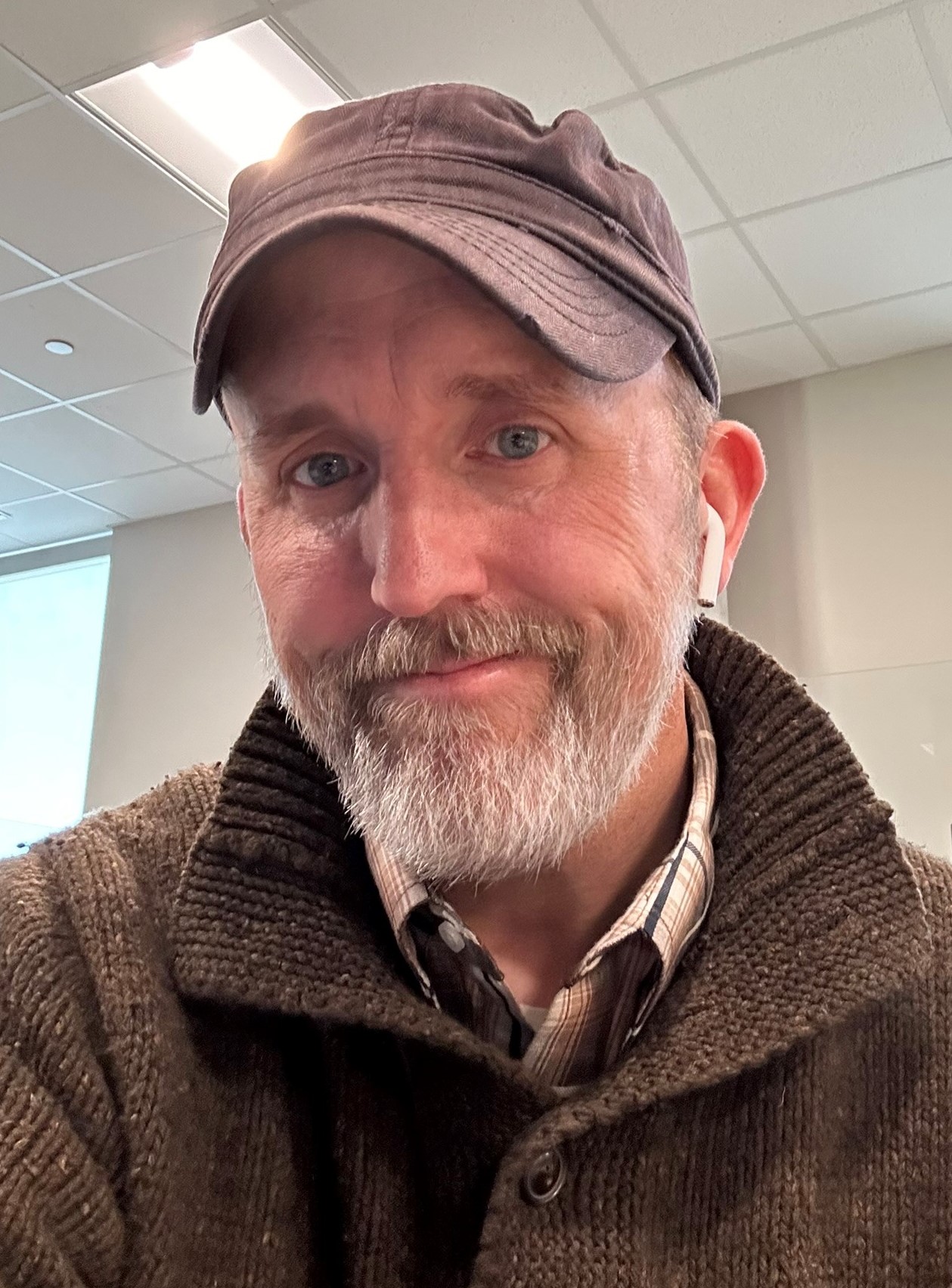
"Students are diverse and come to the class, each with something different to add to it from their own experiences and world views. Much like in American history, it’s not just one individual strand of information or story that informs the nation’s collective past, but an interwoven tapestry that shows our convergence, connections, and contributions. In my classes and my scholarship, I strive to show those intersections that provide a more complete picture of where we have been as we chart are own way through the present."
-Dr. Robert Little
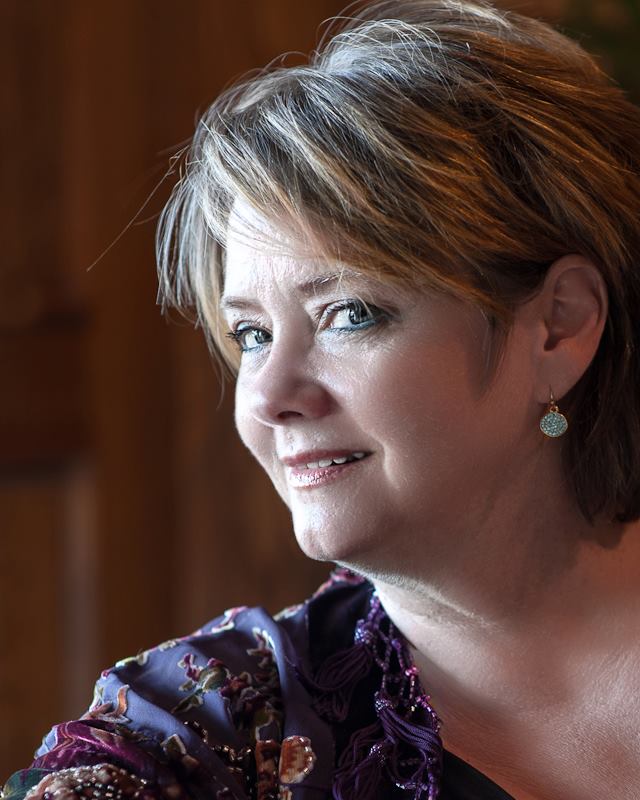
"HIGHER EDUCATION opened a vast creativeworldto me. The rigorous challenges andphysicaldisciplinerequired—hours alone in a practice room—allowed me to honeskillsand connect to other musiciansand appreciative audiences. Itwasn'tuntil later inlife I realized these muscles could be used to navigate all of life.I teach with the assumption that every studenthas a unique point of view fostering fun talentsthat wants to be drawn out."
-Professor Colleen Mallette
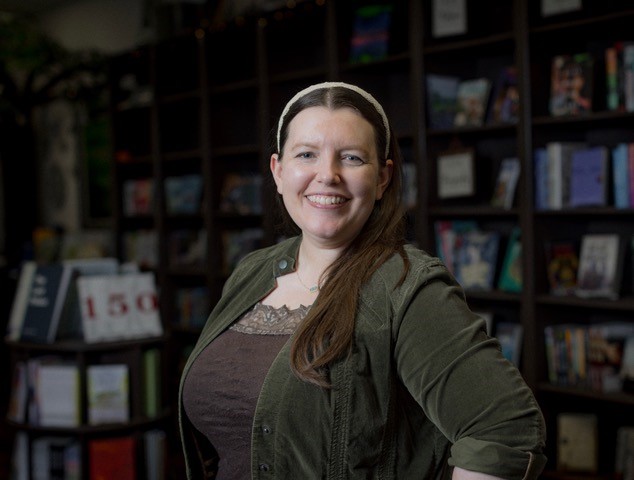
"Growing up with my family also informed my teaching to a high degree. My maternal uncle was passionate about history and shared that love with me through stories. As a child, that’s how I viewed history: as a series of stories that involved ordinary people in extraordinary circumstances. That stuck with me, and as a professor, that’s how I encourage students to view the past as well. "
- Dr. Meredith May
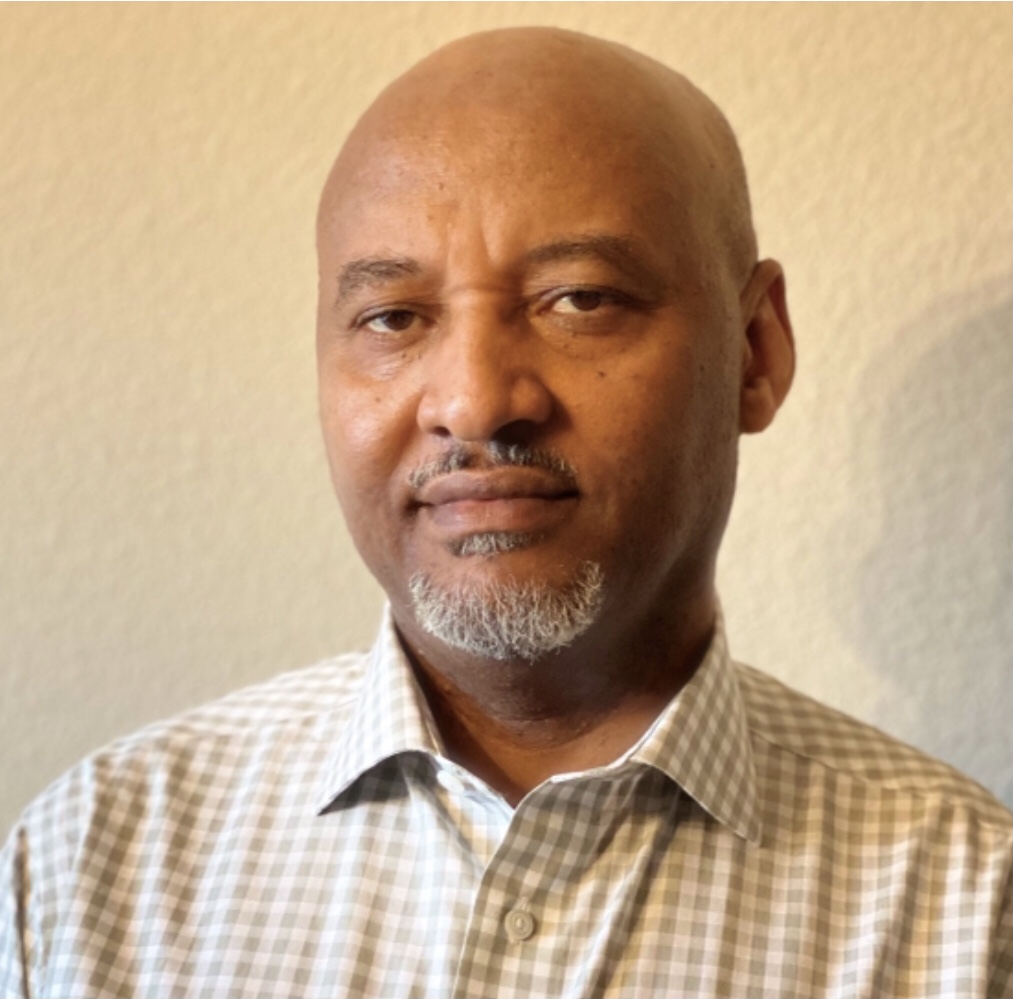
While my specialty began in religious studies, particularly in early Christianity and its role in identity formation and social construction, my research and teaching interest evolved into exploring the interface between society and religion, and the identity forming factors in society, culture, and religion. Originally from East Africa, both as an immigrant and as an African-American, I am also fascinated with how understanding history, society, culture, religion, and politics shapes one’s perspective on several issues including policies on immigration and understanding Africa and Africans.
-Dr. Abe Mengestu
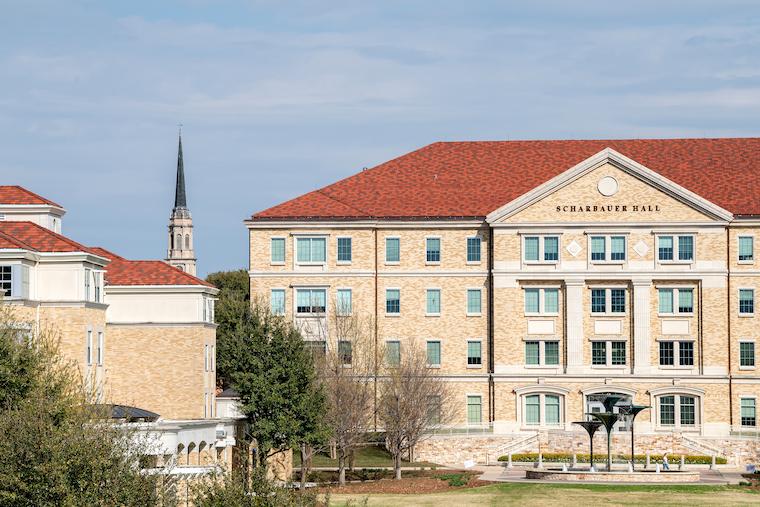
"What I like about our MLA program is that it attempts to provide our students with a broad and multidisciplinary education that broadens their horizons and socializes them to be a more aware and engaged global citizens, and a more informed voter. Informed and engaged citizenry is crucial to the vitality of any democratic political system. For this reason, I believe, our MLA program plays a significant role in fulfilling this mission."
-Dr. Manochehr Dorraj
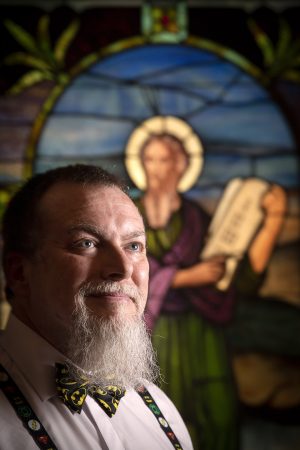
"Perhaps the greatest advantage, though admittedly there are likely many, to getting a Master of Liberal Arts degree is the breadth of diverse disciplines of study to which learners are exposed rather than simply concentrating on one discipline of study. The value of such exposure is that learners walk away from the program equipped to converse with others from divergent occupations and do so in an informed manner."
-Dr. Johnny Miles
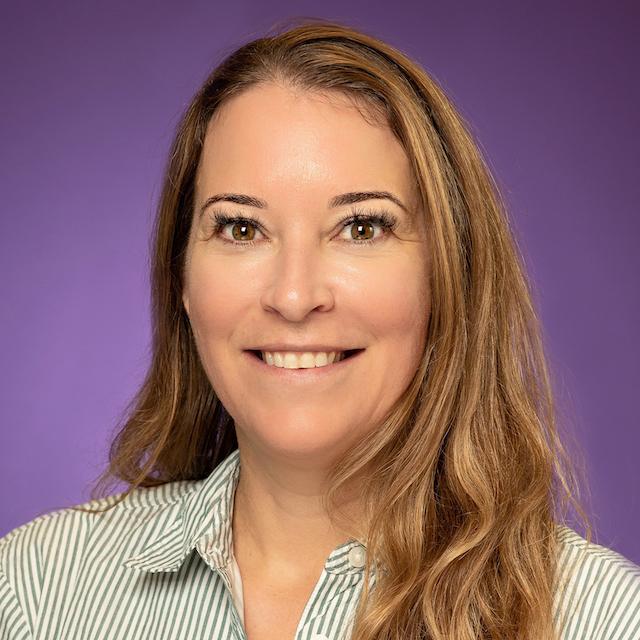
"Every week students might have a podcast, video, or Ted Talk to watch or listen to that pertains to the topic we are discussing that week. I do this to try and give as many perspectives on the topic as possible, especially when I am teaching classes that are very divisive topics, like the death penalty."
-Dr. Katherine Polzer

"As a librarian, it is important to me that people are digitally literate—that they learn how to determine whether the information that they are consuming is credible or not, the value of information and whose voices are most prominent, that they use information ethically and attribute the sources they use, and understand that they are creators of information, and how their contributions affect the information ecosystem. As a teacher, I want my students to learn skills that will help them not just in class, but in their professional and personal lives as well."
-Professor Robyn Reid
Coming soon...
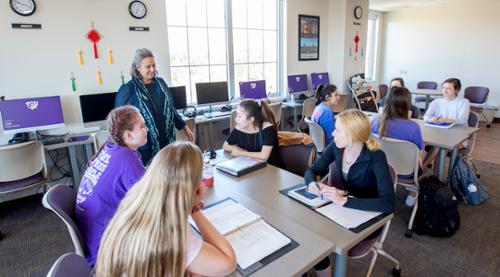
"When I teach a class for the MLA program, I am always impressed by the level of commitment of the students and their enthusiasm in their pursuit of a new degree. The MLA program provides a unique and rewarding opportunity for returning students to reconnect with academic work and once more tap into their intellectual might."
-Dr. Marie Schein
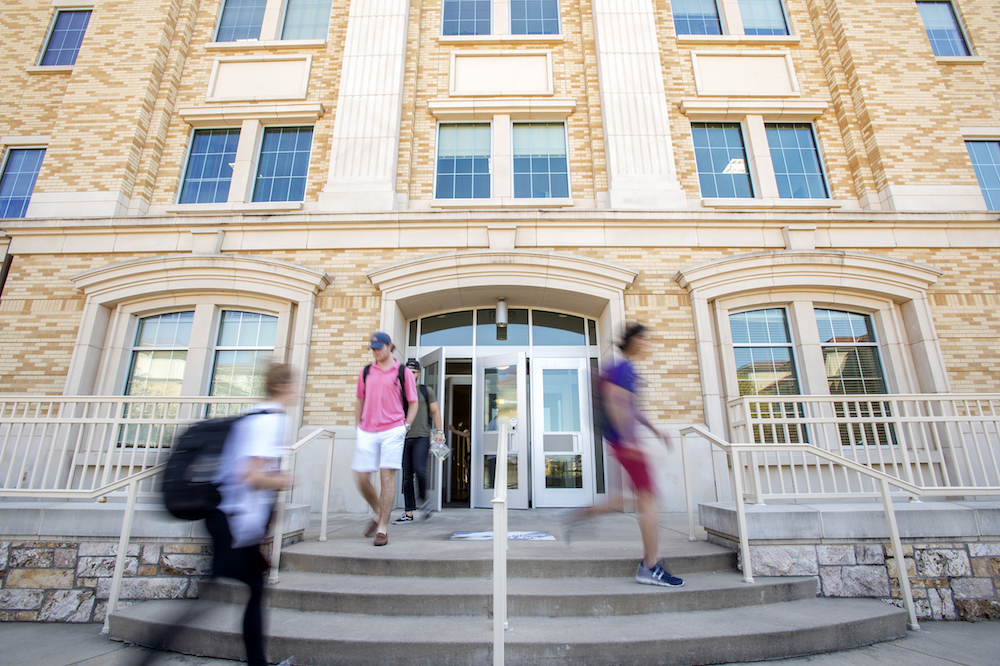
"Borrowing somewhat from the concept of historian Richard Hofstadter, educational pursuits in the US have typically been broken down, for better or worse, in two categories—the practical and the intellectual. On the practical side, an MLA provides it’s recipient with the ability to compete for better jobs and earn higher pay. In the US, the percentage of Americans with any Master’s Degree is only around 13%. The MLA degree applies to a broader array of career fields than a Master’s degree in a specific subject. We live in a time when multiple career changes are no longer the exception, so having a MLA degree opens more doors and provides greater flexibility and applicability."
-Dr. Robert Little

"Companies need story tellers. They need people who understand how to use language. As AI becomes more and more a part of companies, liberal arts graduates will be in demand."
-Professor Michael Sherrod
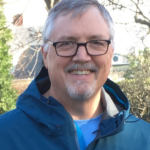
"I'm mostly a writing teacher so my fondest hope is that they refine their writing skills. At the same time, I hope they learn lessons about nature, survival, uses of humore, and how other people view the world."
-Dr. Steve Sherwood
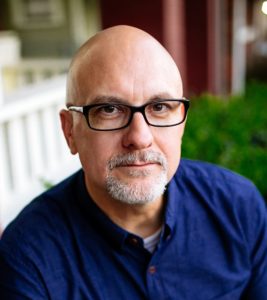
"Be willing to put yourself in a position to uncover a new side of the world and, therefore, a new worldview. Those experiences will make you a better, wiser writer and person."
Dr. Sidney Thompson
Coming soon...
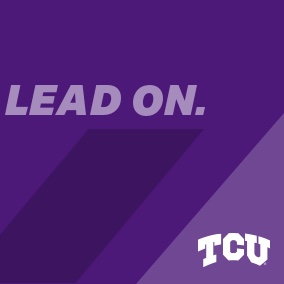
"I’ve always been an avid reader. But, there is a certain amount of stigma in academia and society “popular” genres of literature, like crime fiction. My enthusiasm for this genre of literature drives my teaching focus and enthusiasm for my courses."
-Dr. Annette Wren
